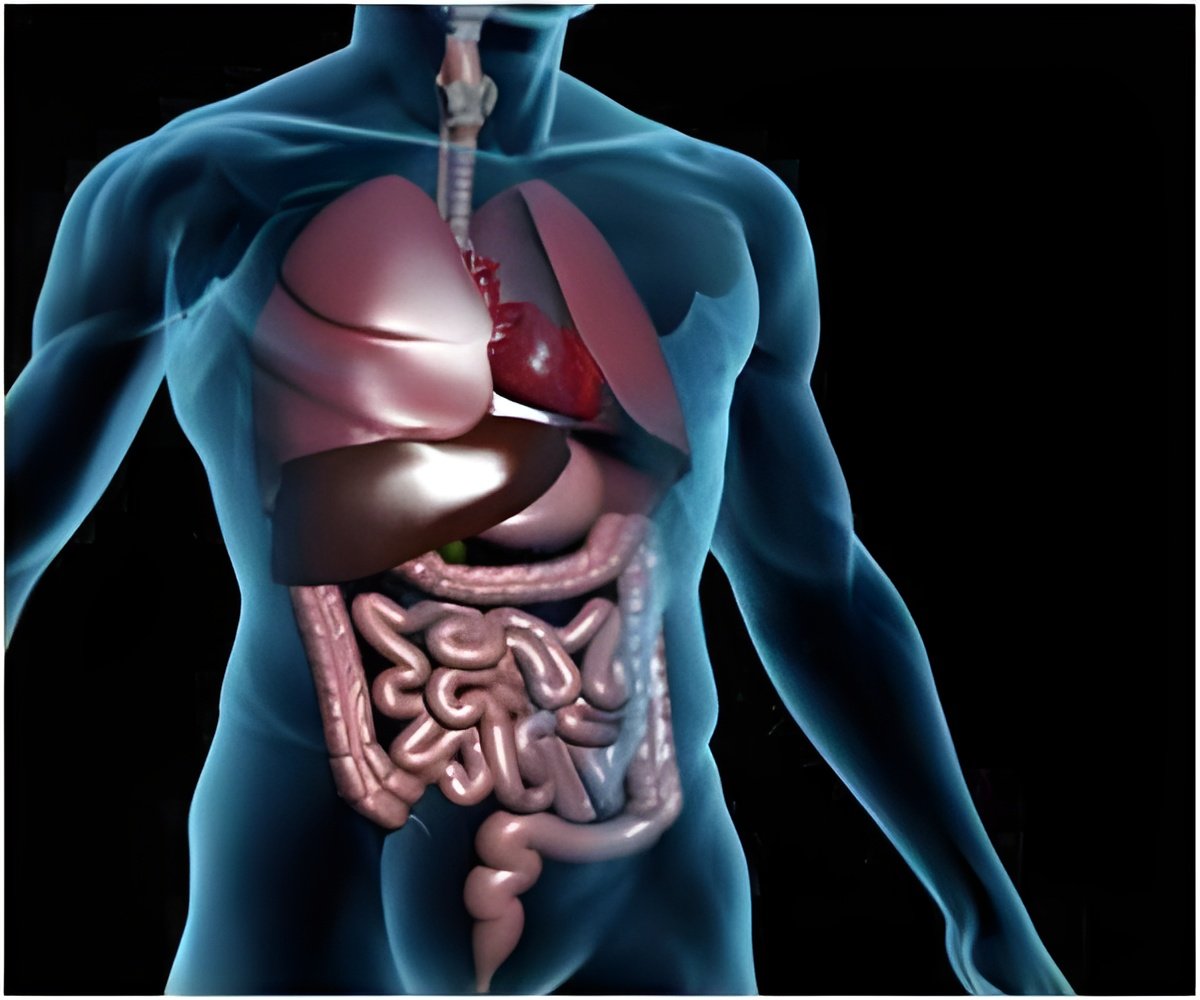
Long non-coding RNAs regulate cellular processes such as cell cycle, growth and cell death. Therefore, it came as no surprise that many of these controlling molecules are linked to the progression of cancer. An example is the non-coding RNA MALAT1, which is considered a marker for disease progression in various forms of lung cancer: "The more MALAT1 tumor cells produce, the higher the odds for metastasis and a very unfavorable course of the disease," says Dr. Sven Diederichs, who discovered the molecule as part of his doctoral thesis. Diederichs now leads a junior research group at the German Cancer Research Center (Deutsches Krebsforschungszentrum, DKFZ) and the Institute of Pathology of Heidelberg University.
In his current project, Diederichs has investigated the actual mechanisms used by MALAT1 to interfere in cellular processes and to promote metastasis. Diederichs and his team recently developed a method for selectively silencing long non-coding RNAs in the cell. To do so, the researchers integrate signaling sequences into the DNA which cause RNA transcripts to be broken down immediately after being formed. Then they analyze resulting changes in cellular biology.
For the first time, Diederichs and his team have been able to achieve almost complete silencing of MALAT1 in lung cancer cell cultures. In the modified cells they found that MALAT1 regulates numerous genes involved in metastasis. As a result, MALAT1-deficient tumor cells have impaired mobility and are less capable of invading surrounding tissue. When implanted in mice, they formed considerably less tumor nodules in the animals' lungs than cancer cells with intact MALAT1.
Encouraged by this result, the investigators explored whether it is also possible to block MALAT1 and thus prevent metastasis in an intact organism. In collaboration with ISIS Pharmaceuticals, Inc., the Heidelberg scientists developed short nucleic acid strands (antisense oligonucleotides) which are taken up by the cells and specifically block RNA molecules.
In mice injected with human lung cancer cells, MALAT1-specific antisense strands successfully inhibited metastasis formation. The animals' lungs showed fewer and smaller tumor nodules than those of control animals that had not been given the substance.
Advertisement
Advertisement













